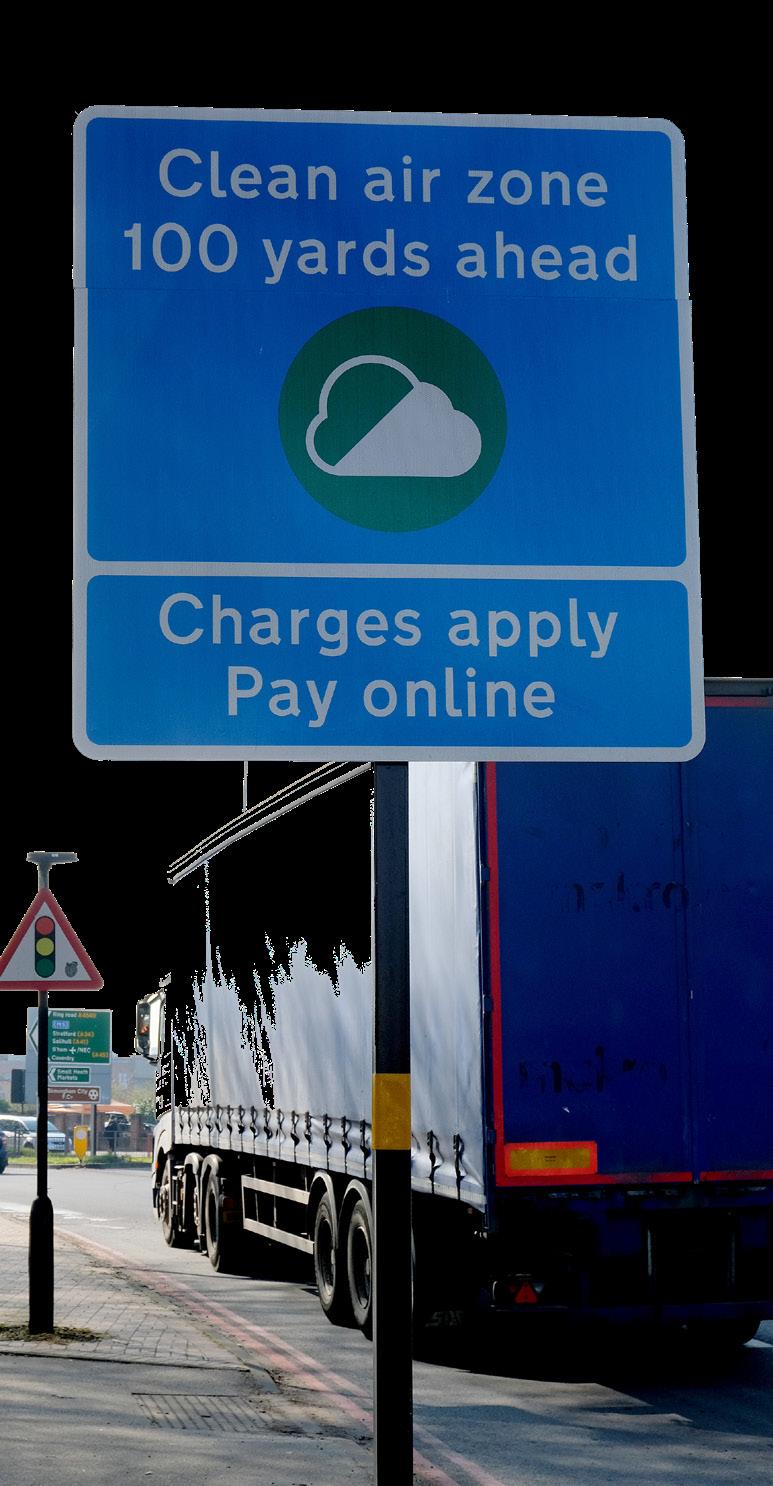Freight and Logistics Written by Sarah Llewelyn, head of fleet solutions UK at Shell
Mapping road freight’s decarbonisation timeline Road-freight operators must be encouraged to reduce their existing emissions, while also thinking ahead to new solutions, such as alternative powertrains. Sarah Llewelyn, head of fleet solutions UK at Shell, maps out the immediate, medium and long-term actions for decarbonisation
Since the UK became the first major, global economy to legally commit to a net-zero greenhouse gas (GHG) emissions target in June 2019, the 2050 deadline has been looming larger in the rear-view mirror of many commercial road freight businesses. In fact, decarbonisation is cited as a leading or top three priority for 70 per cent of road freight industry executives and experts. With the help of our partners Frost & Sullivan, we have released a new whitepaper: “Navigating Roadblocks in the LongHaul Road Freight Industry”, outlining how businesses can successfully move towards the adoption of lower emissions solutions, advance digitalisation to generate operational efficiencies, and as a result secure a low-carbon future for the industry. Change is on the horizon While the legislation may be relatively new, the concept of decarbonisation is not. The last eighteen months have certainly seen commercial road freight fleets experiencing
42
DRIVING THE SWITCH TO CLEANER COMMERCIAL FLEETS | www.greenfleet.net/commercial
a period of intense change, exacerbated by the pandemic. And this evolution is not purely dictated by the raised awareness of our collective environmental impact, but by evolving customer and societal habits too – like booms in online purchasing and next day delivery – that have been accelerated as a result of COVID-19. As this period has proven, our fleet mobility system does – and must – reflect the needs and behaviours of our society. This may relate to expectations around convenience and service, but it also holds true for broader topics like sustainability as well. And when an industry accounts for about 30 per cent of the UK’s carbon dioxide emissions, action must be taken. Whether it is through short, medium or long-term measures – or ideally, a combination of all three – it is this action that will help road-freight operators to become a leading example for other industries to follow as opposed to simply trying to keep pace with society’s needs.













